You may have noticed that there is a raft of stories out there at the moment about the importance of gut bacteria. I’m a big believer in keeping this in balance, with Grant having an undiagnosed egg intolerance which disrupted his gut health for many years he’s been carefully rebuilding the damage done.
Gut flora directly affects our health. Looking after the health of the gut and maintaining the right balance of microorganisms is vital for physical and mental health, immunity, and even whether we lose weight or not. In our gut there are trillions of bacteria, yeasts, fungi and viruses that make up the gut microbiome many of which are beneficial, or essential, to human health.
Have you read The Diet Myth – the real science behind what we eat, by Tim Spector? The author’s son, who is a student in his 20s, went on an all-McDonald’s diet for 10 days. All he ate was McDonald’s for breakfast, lunch and dinner. By the end of it, most of his good gut bacteria had disappeared. This is down to preservatives, additives and processed food which not only doesn’t feed good gut bacteria but can kill it off.
As Spector says: “15,000 years ago our ancestors regularly ingested about 150 ingredients in a week. Most people nowadays consume fewer than 20 separate food items and many, if not most, of these are artificially refined. Most processed food products come depressingly from just four main ingredients: corn, soy, wheat or meat.”
He also believes that if you have the wrong gut bacteria then the way your body breaks down food is not great. Which is why some people find it difficult to lose weight, their body is breaking it all down the wrong way.
So what do we eat?
If you eat dairy, look for unpasteurised cheese such as Roquefort, Camembert or Brie. Real yoghurt, not the stuff with sugar and additives added, one that says the bacteria is live – or one you’ve made yourself. Or better yet try a vegan cheese made with nuts, there are some delicious vegan cheeses available in New Zealand these days, one of my favourite brands is Savour who specialise in vegan nut cheeses.
Sourdough bread, and fermented foods like sauerkraut, kimchi, miso, kefir, kombucha and tempeh. Nuts, fruit and vegetables and garlic, onions and leeks are favourite foods of good bacteria, and lots of fibre. Good bacteria thrives on fibre. One of my favourite books is Ferment which is filled with fermented recipes (hence the name), this book is super inspiring and a great place to start when fermenting at home.
Prebiotics are also very important, these compounds found in food induce the growth or activity of beneficial microorganisms such as bacteria and fungi. The most common example is in the gastrointestinal tract, where prebiotics can alter the composition of organisms in the gut microbiome. Foods that contain prebiotics are asparagus, bananas, chicory, garlic, Jerusalem artichoke, onions and whole grains.
By the way a great way to eat garlic, which is not only good for gut bacteria but good for just about anything which ails you, is to slice it up raw and sprinkle it over peanut butter on Vogels.
And what don’t we eat?
Well you already know this. Processed foods with preservatives and additives, foods with lots of sugar, and of course, junk food – deep fried food in particular – are terrible for gut health. Cutting down on alcohol consumption, reducing dairy and red meat also helps. Studies have shown that those who eat a predominantly plant based diet rich in fibrous foods have more beneficial gut microbiota.
Stress also affects the gut so do what you can to reduce stress levels, exercise regularly, meditate and add breath work to your daily routine – try this easy, effective breathing exercise.
Antibiotics are also damaging to gut flora, although it is often necessary to take antibiotics to combat bacterial infections be careful not to over use them. If you are taking a course of antibiotics make sure you also take probiotics, the rule of thumb is to take your probiotics two hours before the antibiotics, this will help protect gut flora. Your pharmacist can recommend which probiotics to take, ask when you pick up your antibiotic prescription.
Just as antibiotics can disrupt the gut microbiota, so too can cleaning products, particularly those that contain disinfectants. These types of products are especially toxic to infants. This 2018 study analysed the gut flora of over 700 children aged 3–4 months. The researchers found that those who lived in homes where people used disinfectant cleaning products at least weekly were twice as likely to have higher levels of Lachnospiraceae gut microbes, a type associated with type 2 diabetes and obesity.
There’s no need to have toxic cleaning products in your home, go green and know that your family will be better for it. Check out our natural cleaning range here.


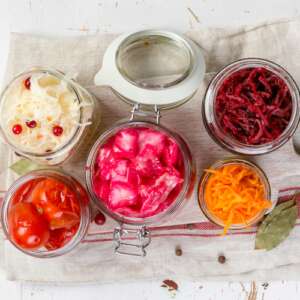
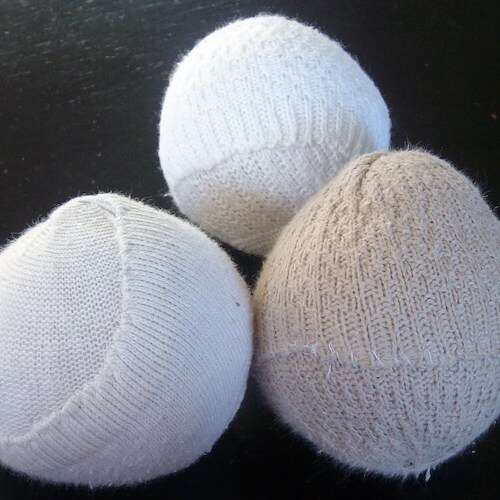
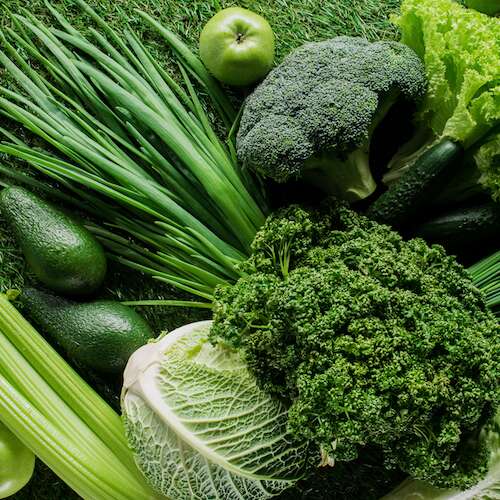
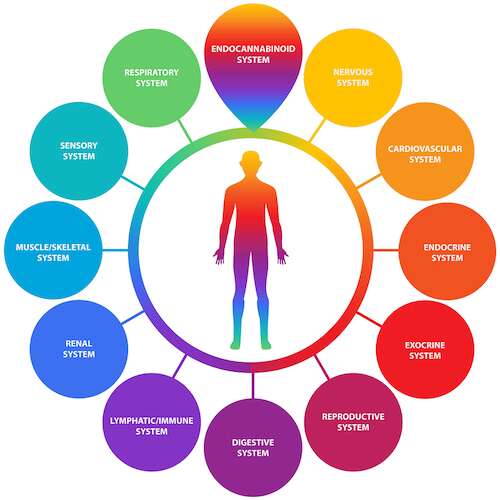
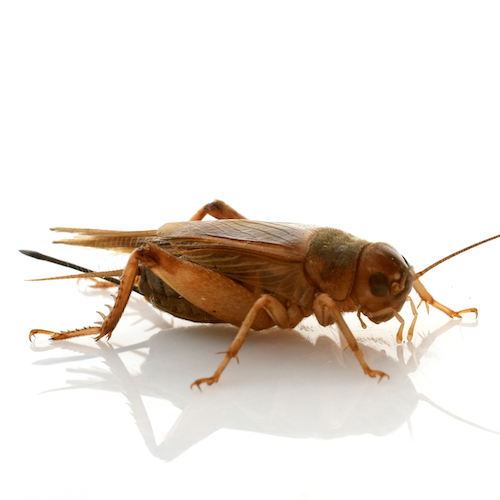
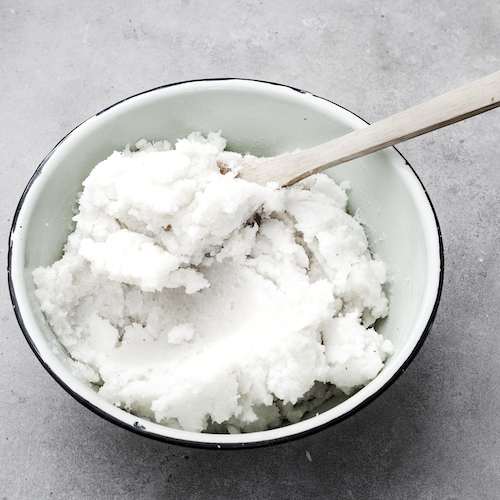
About The Author: Triona
More posts by Triona